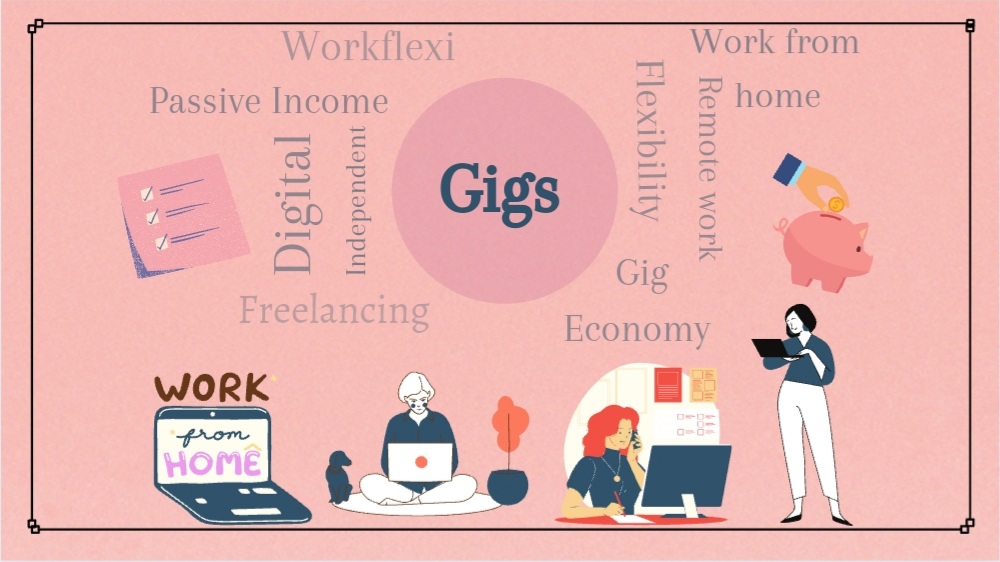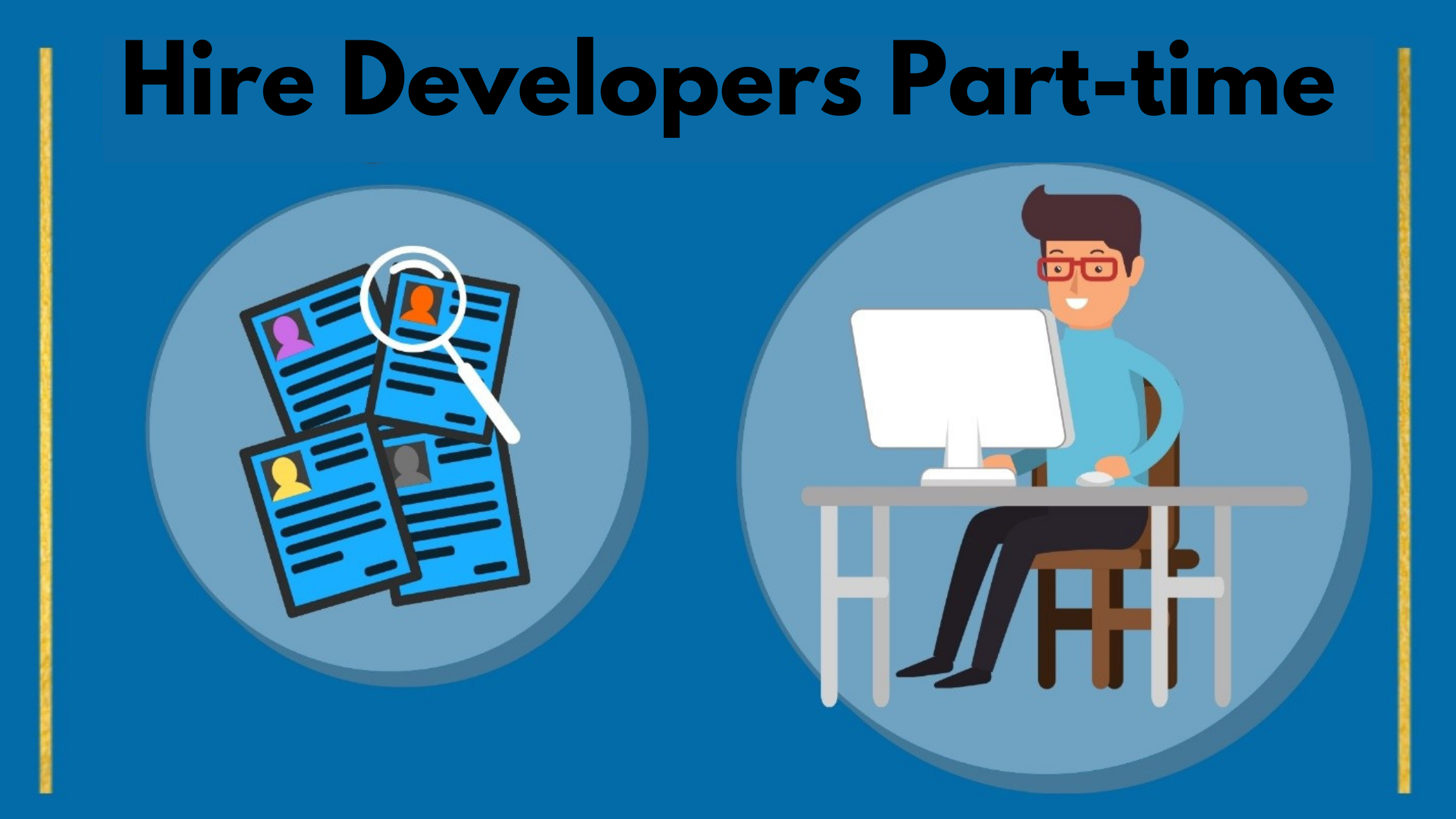Company restructuring, business failures, cost cutting and performance issues are some of the reasons that result in job losses. Once you are asked to stop coming to work, you realise that you also lose your daily routine and a steady salary, making you a nervous wreck. However, instead of sorting out the issue at hand, you end up wallowing in pity, watching TV ad infinitum and sinning on sweets and ice creams like there is no tomorrow. Follow these tips and you should never become a homebody again, at least not for months at a stretch.
Job
SHARE YOUR SORROW
Many of us are so ashamed of the job loss, no matter the reason, that we forget to share it with people we meet. That is the biggest mistake. If you assess your previous jobs, you realize that perhaps the workplace was not really a good fit for you, or you were not given what you were capable of. And this job loss was a blessing in disguise. This should be your line of thinking as it cuts through to the core of the problem: your strengths and how the next company can benefit from your skills. Once you have this figured out, sharing your plight becomes that much easier. Instead of bitching about the sad state of affairs in your company, you could tell anyone who bothered to ask about your job status that you lost your job, and now you want to do something in a particular arena to go up the ladder. This usually gets you the assistance you really need rather than just someone sharing their handkerchiefs or paper towels at the dinner party. This sharing should happen with the other friends who have lost their jobs too. If it's a company restructuring, usually there are many more people who lose their jobs. In such circumstances, all of you can weep on each other's shoulders and formulate a strategy to survive this one. Care and share, as it always works.
DON'T SPLURGE
Saving is earning, and this becomes more pertinent when you have no monthly retainer to turn to. Cut down on eating out, entertainment, unnecessary shopping, dial down your internet and cable TV plans, and perhaps even cancel your Netflix subscription to prevent yourself from binge-watching. Instead, cook like you've never cooked before. Go for a walk in the neighborhood park instead of using a personal trainer and be happy with your current smartphone instead of going for the latest and greatest. In addition to substantial savings, what this actually does is inconvenience you to such an extent that it will goad you to get a job now instead of wallowing in pity and feeling hopeless.
UPSKILL YOURSELF
If you look at it the other way around, job losses have their merits. For one, you can take a break and have some me-time which you never did for all those years you were married to your job. Just make sure you don't overdo your vacations or resting time. Once you've tuned in to reality after the much-required break, what do you do? Look around to do what you have always loved to do but couldn't for want of time. It could be a course you needed to take to upskill yourself. This will not only get you into the groove but also put you in the learning state of mind where anything becomes possible.
RATIONALISE YOUR LOSS
You cannot escape from the inevitable question of why you lost your job. Here is where you need to view at the query objectively and answer it sincerely. However, try to be positive in whatever you have to say, because just passing the buck will not be appreciated by anybody. And you should never burn your bridges by antagonizing your previous company. You never know how they could help you later in life. Once you have your answer figured out, ensure that it's a professional and not an emotional response. Your recruiter will appreciate you for your rank honesty and straight from the heart talk. If you are feeling pessimistic or queasy about this question, think about answering this question: What positive lessons have your learnt from your previous job and what can you do better in your next job. If you can answer this thoughtfully and sincerely, you might excel at your next job interview. Good luck.





